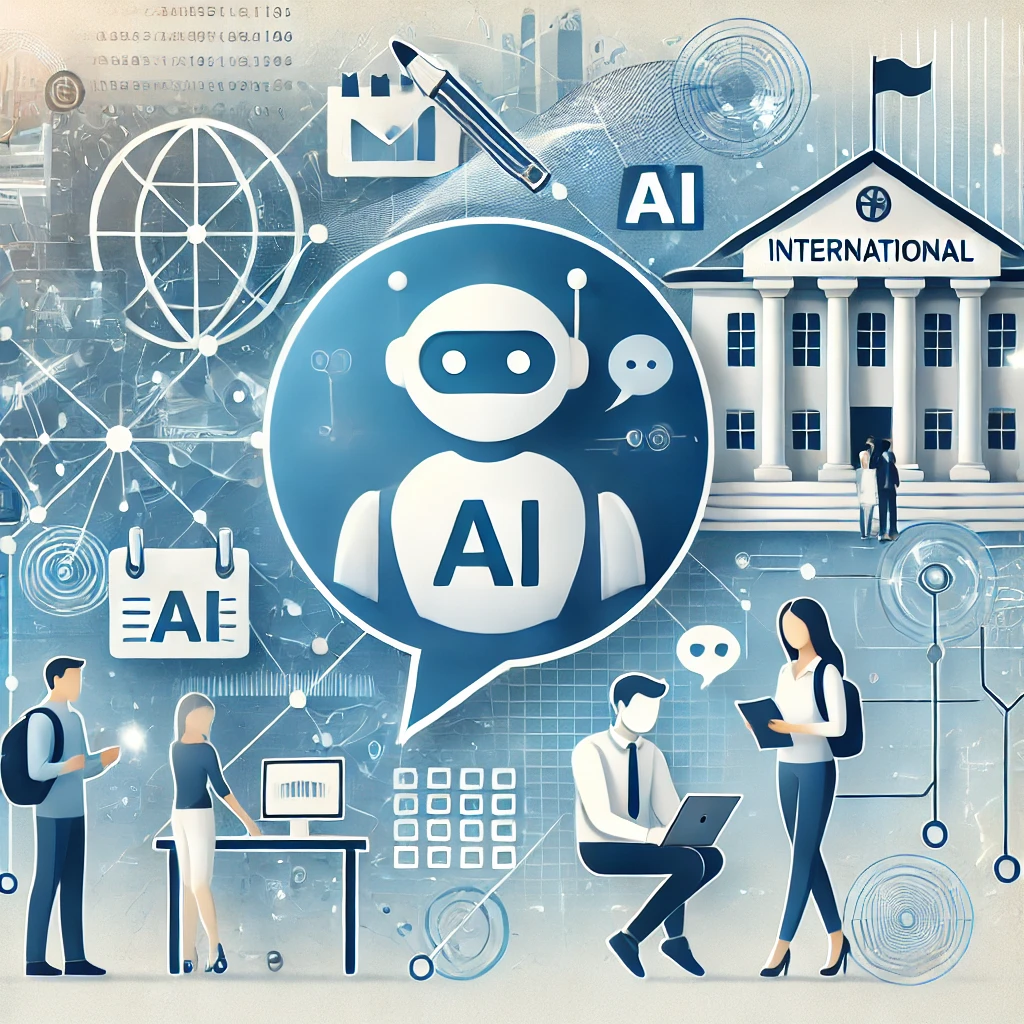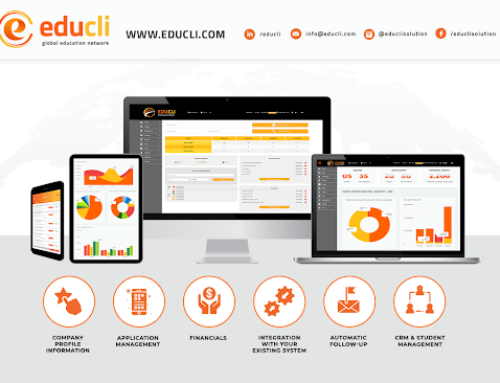Use of AI for Enrolment and Engagement
In recent years, artificial intelligence (AI) has transformed industries globally, and higher education is no exception. Universities and colleges face increasing competition for students while striving to provide meaningful engagement in a digital-first world. To meet these challenges, institutions must explore innovative ways to attract, retain, and engage students. Leveraging AI tools and technologies offers a dynamic solution, enabling streamlined operations and personalised experiences for students. This article delves into how higher education institutions can harness AI to enhance enrolment and improve engagement.
1. AI-Driven Student Recruitment and Enrolment
AI-powered systems can simplify the enrolment process by automating routine tasks and personalising communication with potential students. Here’s how:
- Predictive Analytics: AI can analyse historical data to identify prospective students who are most likely to apply, enrol, or succeed. Admissions teams can target these candidates with tailored messaging and improve conversion rates.
- Chatbots and Virtual Assistants: Institutions are increasingly deploying AI-powered chatbots to answer frequently asked questions 24/7. This eliminates waiting times for responses, improving the applicant experience.
- Personalised Marketing Campaigns: AI can segment audiences based on interests, behaviours, and demographics, helping institutions develop targeted marketing campaigns across email and social media platforms.
- Automated Application Review: AI tools can assess applications faster, pre-screening candidates for eligibility and reducing administrative burdens.
By using AI for enrolment, universities can increase efficiency, ensure better alignment between candidates and programs, and provide a smooth application process.
2. Personalised Learning and Student Engagement
One-size-fits-all approaches are increasingly outdated in education. AI enables higher education institutions to offer personalised learning experiences, fostering student engagement and success.
- Adaptive Learning Platforms: AI-driven learning management systems (LMS) can adjust coursework in real-time to suit individual learning speeds and styles. This ensures that students receive appropriate challenges and support.
- Behavioural Analytics for Engagement: AI tools can monitor student engagement by tracking attendance, participation, and interaction with course materials. Early detection of disengagement allows staff to intervene before students fall behind.
- Virtual Tutors and Learning Assistants: AI-powered assistants can provide on-demand tutoring, answer questions, or clarify concepts, ensuring continuous academic support.
- Gamified Learning Experiences: AI systems can create engaging, interactive content, such as quizzes or virtual simulations, making learning more enjoyable and effective.
These technologies empower students to take ownership of their learning, making education more accessible and inclusive.
3. AI for Student Support and Retention
AI offers transformative solutions to support student wellbeing, academic success, and career readiness.
- Predictive Retention Models: AI systems can identify students at risk of dropping out by analysing patterns such as attendance, grades, and engagement. This allows institutions to proactively offer support.
- Mental Health Monitoring and Support: AI-based apps and chatbots can monitor students’ emotional well-being, providing resources or referring students to counsellors when needed.
- Career Services and Job Matching: AI-powered platforms can connect students with relevant internships and job opportunities based on their skills and interests, preparing them for the workforce.
- Automated Scheduling and Advising: Chatbots can help students manage their schedules, register for courses, or book appointments with advisors, reducing friction in accessing support services.
AI’s predictive capabilities enable institutions to shift from reactive to proactive strategies, boosting student satisfaction and retention.
4. Streamlining Operations and Data-Driven Decision Making
AI can also enhance operational efficiency by automating repetitive tasks and supporting data-driven decision-making across departments.
- Automated Administrative Processes: AI reduces administrative burdens by automating tasks such as grading, attendance tracking, and financial aid management.
- Data-Driven Insights for Program Development: AI can analyse trends in course popularity, student performance, and labor market data to inform program development. Institutions can introduce relevant courses aligned with industry demands.
- Smart Campus Management: AI technologies, such as facial recognition and IoT sensors, help optimise campus operations, such as classroom utilisation and security systems.
- Fraud Detection: AI can flag irregularities in student applications or financial transactions, helping institutions prevent fraud and ensure compliance.
By streamlining operations, institutions can reallocate resources toward improving student experiences and outcomes.
5. Challenges and Considerations
While AI offers immense potential, institutions must address several challenges:
- Data Privacy and Security: Protecting student data and ensuring compliance with privacy regulations, such as GDPR, is essential.
- Bias in AI Algorithms: Institutions must ensure that AI systems are free from biases that could disadvantage certain student groups.
- Change Management: Faculty and staff need training to effectively integrate AI tools into their workflows. Resistance to change can hinder the successful adoption of new technologies.
- Maintaining a Human Touch: While AI automates many processes, human interaction remains crucial in education. Institutions must strike a balance between automation and personal engagement.
6. Conclusion: The Future of AI in Higher Education
AI has the potential to revolutionise how higher education institutions attract, engage, and retain students. From personalised learning paths to efficient enrolment processes and proactive student support, AI enables institutions to offer seamless experiences tailored to individual needs. However, the successful adoption of AI requires careful planning, ethical considerations, and a focus on continuous improvement.
Educli is creating an AI chatbot specifically designed for international education. If you’re interested, sign up for a demo to see how it can transform your processes and support student engagement.
By embracing AI thoughtfully, higher education institutions can not only meet the challenges of today’s dynamic environment but also position themselves as leaders in innovation, enhancing student satisfaction and success in the long term.
#AIforeducation #edtech #aichatbot #educli #education





Leave A Comment